Bridgeport Lathe Km24 For Sale – Regardless of the reason, the sale of a business is an event that requires careful planning, transparent communication, and strategic negotiations. Love becomes about what someone can provide in terms of material or emotional benefit, and friendships become alliances, where loyalty is traded for favor or influence. The marketplace for second-hand items continues to grow, driven by economic, environmental, and cultural factors. The marketplace, for all its flaws, has brought about great innovations. However, it’s also important to recognize the darker side of this freedom. Quality goods transcend trends and fleeting fads. Our emotional lives, our personal narratives, and even our deepest fears have been monetized. From the most trivial items in a dollar store to the most precious works of art in a museum, everything can be assigned a price. The perceived high cost of these items has led some to opt for cheaper alternatives. The car represents possibility, and when it changes hands, it takes on new significance, a new role in a different life. In some cases, a business may look profitable but may be hiding significant underlying issues, such as declining sales, ineffective marketing strategies, or employee dissatisfaction. For many, owning a quality product means owning a piece of history, a connection to something larger than themselves. It involves an in-depth understanding of the business’s financials, operations, and market position. For sale, it seems like a simple phrase, yet it carries with it an array of possibilities, emotions, and decisions that can shape someone’s life. These platforms allow users to browse listings, communicate with sellers, and make purchases from the comfort of their own homes. The market for second-hand goods is also influenced by societal trends and economic conditions. Legal experts are often involved at this stage to ensure that the transaction is conducted in compliance with all relevant laws and regulations. While the sale of a business can provide a valuable opportunity for both parties involved, it also carries risks. What was once limited to boutique shops or high-end department stores can now be purchased from the comfort of one’s home. In a circular economy, items are kept in use for as long as possible, reducing the need for new resources and minimizing environmental harm.
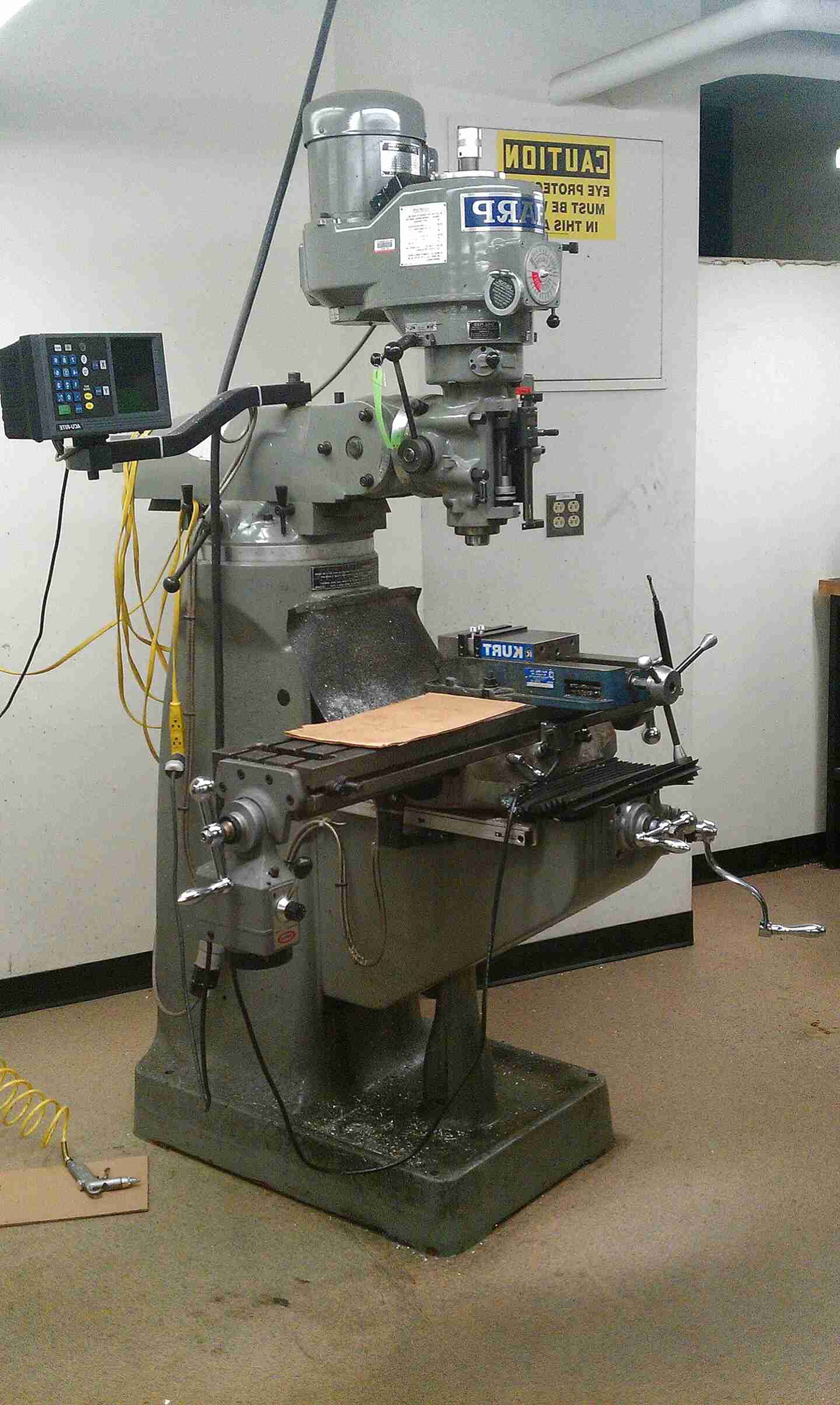
Second hand Bridgeport Milling Machine in Ireland 52 used Bridgeport
Request a quote onlinerequest a quotecontact uscnc lathes Request a cataloginstant credit approvalsfinance a low mo payment
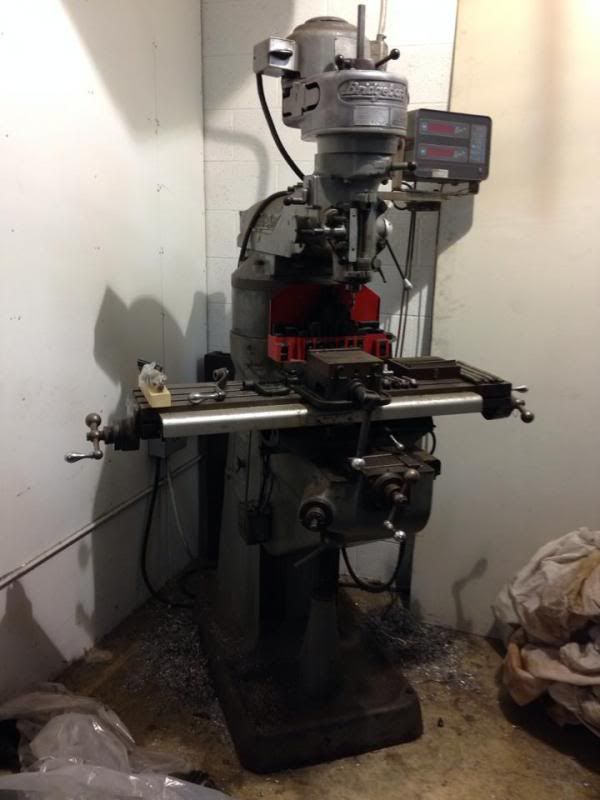
Bridgeport/Lathe Price check Pirate 4×4
Request a cataloginstant credit approvalsfinance a low mo payment Request a quote onlinerequest a quotecontact uscnc lathes
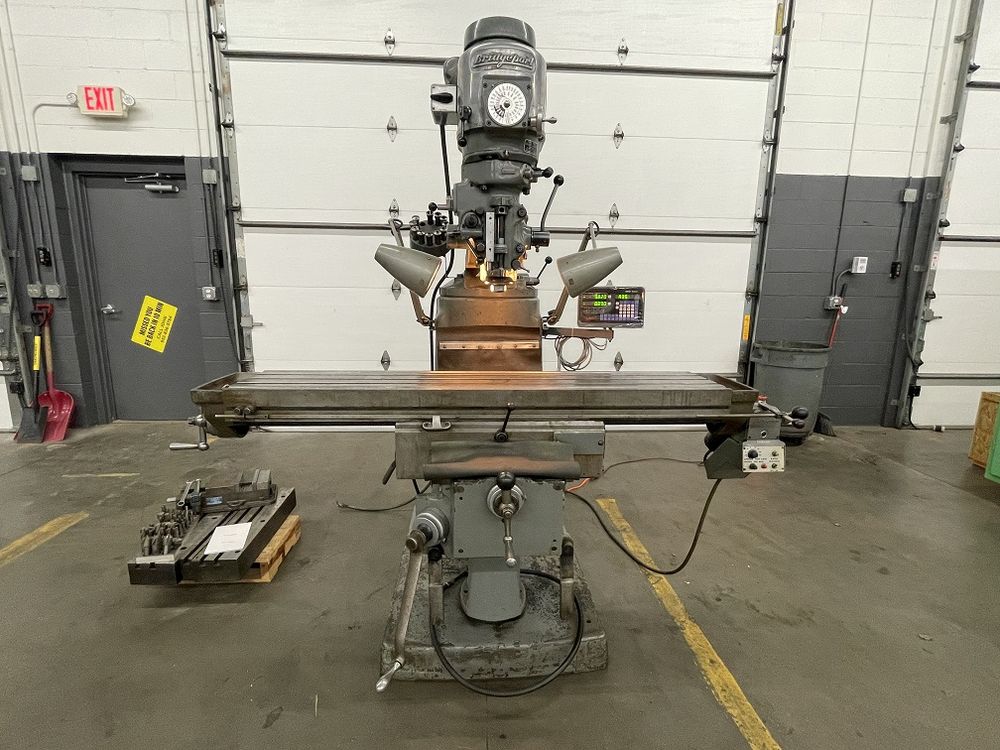
Bridgeport SERIES II SPECIAL Engine Lathe 4200 RPM
Request a quote onlinerequest a quotecontact uscnc lathes Request a cataloginstant credit approvalsfinance a low mo payment

BRIDGEPORT SERIES II SPECIAL VERTICAL MILL STOCK 13912
Request a cataloginstant credit approvalsfinance a low mo payment Request a quote onlinerequest a quotecontact uscnc lathes

BRIDGEPORT ROMI EZ PATH SD CNC LATHE Blumberg Machinery Co.
Request a quote onlinerequest a quotecontact uscnc lathes Request a cataloginstant credit approvalsfinance a low mo payment
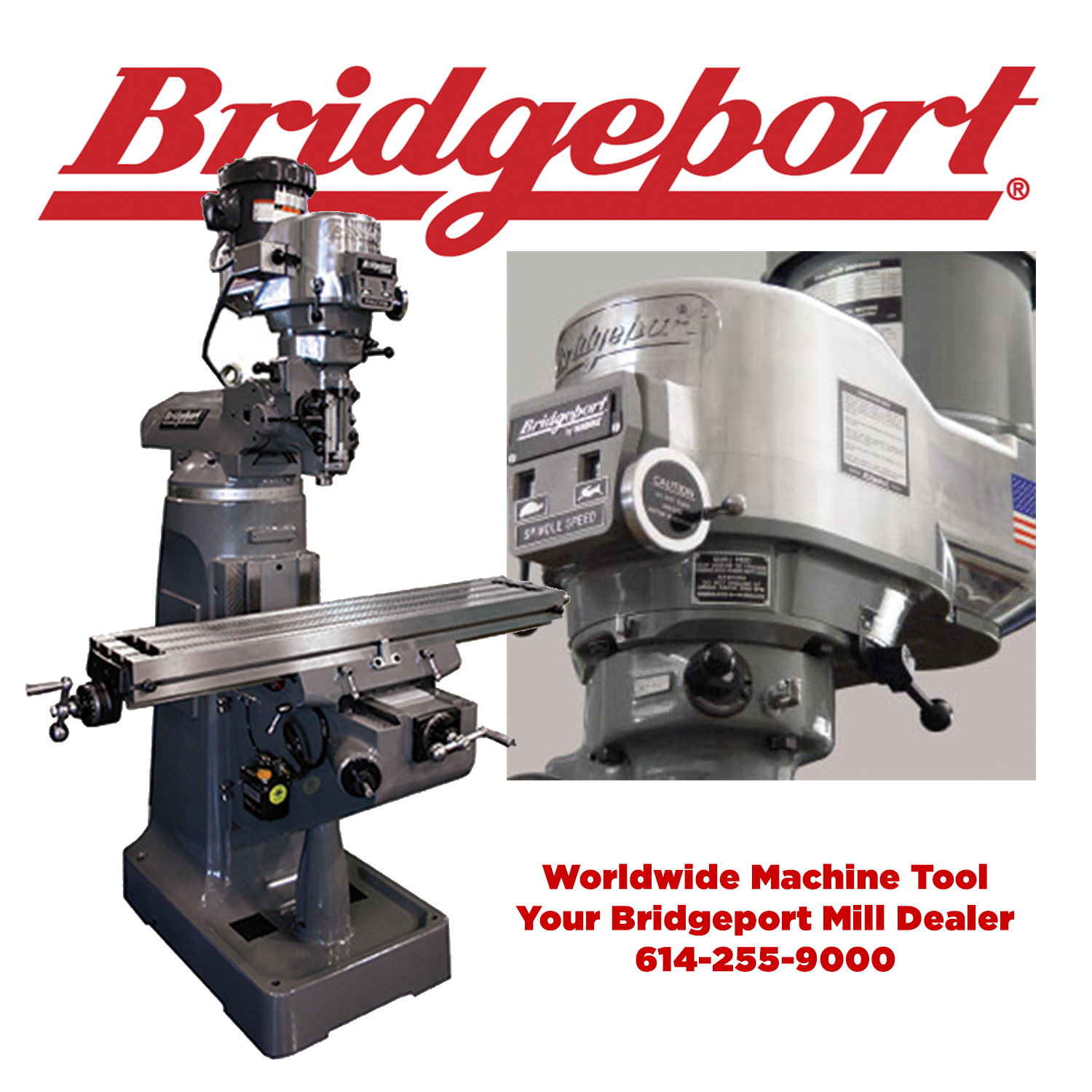
9" x 49" Bridgeport knee mill for sale Standard Package 2 In Stock!
Request a cataloginstant credit approvalsfinance a low mo payment Request a quote onlinerequest a quotecontact uscnc lathes

ROMIBridgeport CNC Lathe
Request a quote onlinerequest a quotecontact uscnc lathes Request a cataloginstant credit approvalsfinance a low mo payment

Bridgeport lathe in Rochester, MN Item MH9263 sold Purple Wave
Request a cataloginstant credit approvalsfinance a low mo payment Request a quote onlinerequest a quotecontact uscnc lathes
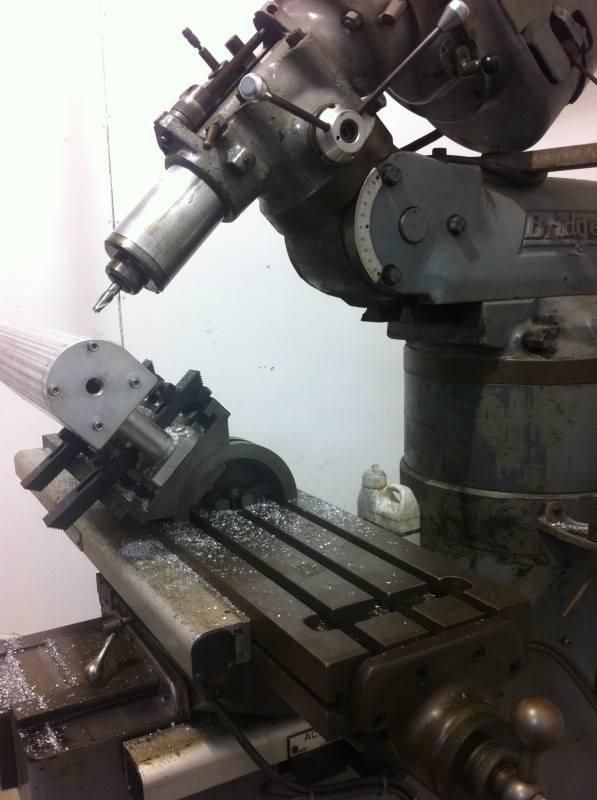
Bridgeport/Lathe Price check Pirate 4×4
Request a quote onlinerequest a quotecontact uscnc lathes Request a cataloginstant credit approvalsfinance a low mo payment

DoAll / Romi / Bridgeport Manual Lathe Owners?
Request a cataloginstant credit approvalsfinance a low mo payment Request a quote onlinerequest a quotecontact uscnc lathes
Whether through local thrift stores, online marketplaces, or garage sales, the option to buy pre-owned items has created a flourishing market that continues to grow. In some cases, it’s not just objects that are for sale, but entire industries or institutions. The act of selling can be both a release and a renewal, a letting go that paves the way for something new and unknown. In this sense, purchasing pre-owned items can be seen as a form of social responsibility, as it helps create a positive impact that extends beyond the individual buyer. Our emotional lives, our personal narratives, and even our deepest fears have been monetized. It is also important to check the seller’s reputation and read reviews or feedback from previous buyers. But the financial aspect is only one part of the equation. Yet, even within this system, there is room for hope. Are there things that should be kept beyond the realm of trade? Or has the marketplace — with its insatiable demand and promise of exchange — seeped into every facet of our being?
If everything is for sale, then the concept of value itself becomes fluid, subjective, and often manipulated. For the seller, the goal is to achieve the highest price possible for the business, while for the buyer, the goal is often to secure a fair price that reflects the true value of the business. Many brokers specialize in certain industries or types of businesses, allowing them to better serve their clients by offering specialized knowledge and advice. In a world where everything is for sale, it’s easy for the vulnerable and the marginalized to be taken advantage of. Technological advancements and shifts in consumer behavior can also impact the types of businesses that buyers are interested in. Sometimes, a sale can feel like the closing of one chapter and the opening of another. However, it’s also important to recognize the darker side of this freedom. These platforms have also made it easier for individuals to sell their own pre-owned goods, turning unused or unwanted items into cash. Art, music, literature — these expressions of human creativity and emotion are not always bound by the rules of commerce. When consumers buy these goods, they are investing in both the product and the people behind it. One of the primary reasons people turn to second-hand goods for sale is financial. The due diligence process helps the buyer understand the risks involved, the company’s market potential, and any legal or operational hurdles that may exist.
It’s a phrase that, at first glance, may seem simple and straightforward. This pride comes not just from the product itself, but from knowing that you are supporting a tradition of craftsmanship and care. It’s a moment of transition, and as with all transitions, it brings with it both excitement and uncertainty. Second-hand items are typically sold for a fraction of their original price, making them an attractive option for individuals on a budget. Beyond financial savings and environmental impact, second-hand goods also offer a sense of nostalgia and connection to the past. We are all participants in a vast, interconnected economy, one that doesn’t just involve physical goods but extends to ideas, relationships, and even identities. When someone buys a second-hand item, whether it’s a piece of furniture passed down through generations or a retro jacket from a bygone era, they are not just acquiring an object; they are connecting to a story, a memory, or a cultural moment. We live in a society where people constantly trade their time for money, their expertise for compensation, their dreams for tangible rewards. The ability to share knowledge, ideas, and resources has empowered individuals in ways that were previously unimaginable. Sellers often find themselves in a strange position, balancing the emotional attachment to the item with the rational need to let it go. Many quality goods are made by artisans or small businesses who take the time to create products that reflect their expertise and passion. From online platforms to local thrift stores, second-hand goods offer an opportunity for consumers to access unique products, save money, and reduce their environmental footprint. When someone talks about purchasing quality goods, they are likely thinking of items that have been designed to last, to provide a superior experience, and to offer a sense of value far beyond the initial cost. The act of selling can be both a release and a renewal, a letting go that paves the way for something new and unknown. The adage “you get what you pay for” rings especially true in the realm of quality goods. Once a suitable business has been identified, the buyer usually begins the due diligence process, which involves reviewing all relevant documents, financial records, and contracts. Some businesses are sold because the owner is ready to retire, while others might be sold due to financial difficulties or changes in the owner’s personal or professional life. From designer labels to quirky, eclectic finds, second-hand clothing offers a wealth of variety and style at a fraction of the price of new items. The same logic applies to tools, kitchen appliances, furniture, and even technology. Both the buyer and the seller are seeking the best possible terms, and finding common ground can be a challenge.